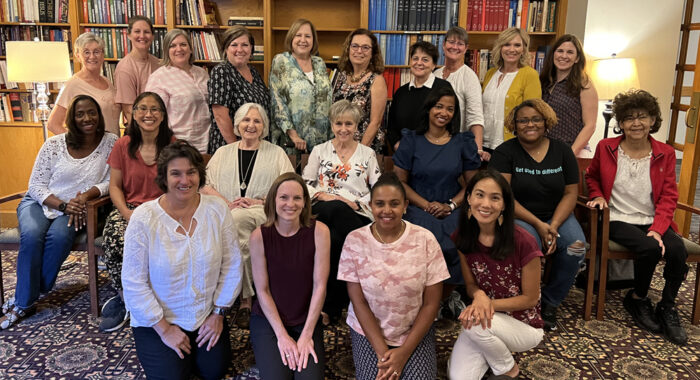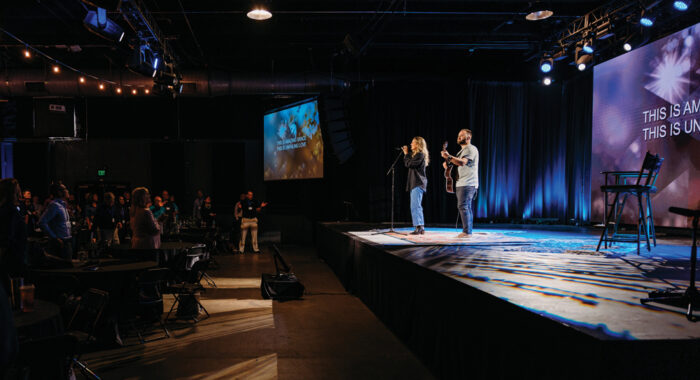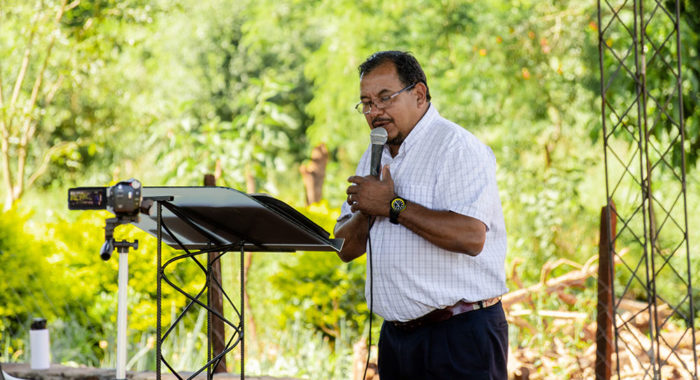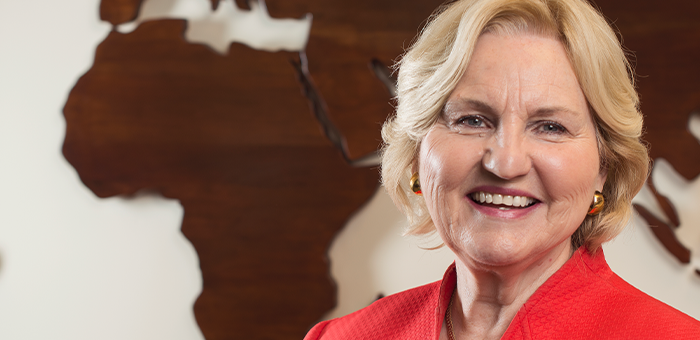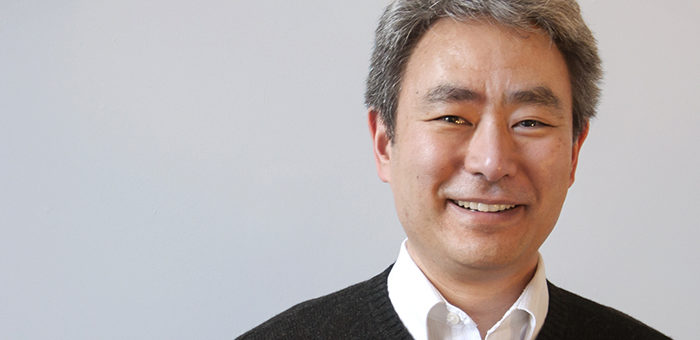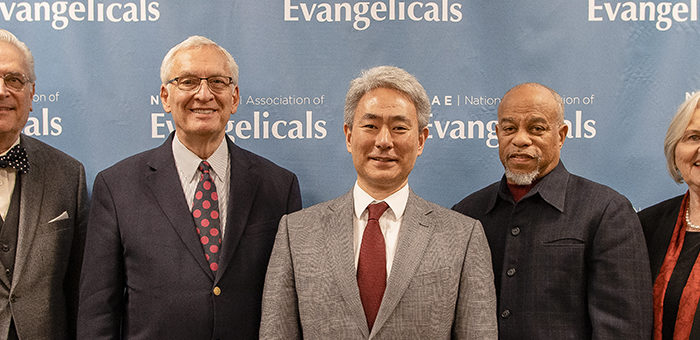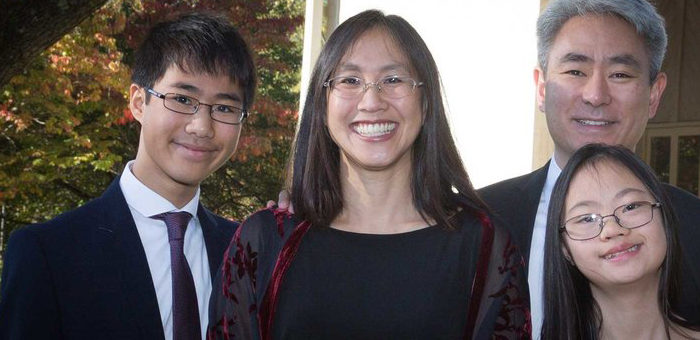Dave Stone joined Southeast Christian Church in Louisville, Kentucky, in 1989 and served in various ministry roles until being in the senior pastor role from 2006–2019. Southeast has eight locations with an attendance of over 27,000 people each weekend. He is also the author of the Faithful Families series, which offers parents creative ideas, real-life stories, and Scriptural guidance for building families that love God and enjoy being together.
Bob Russell served as senior pastor of Southeast Christian Church for 40 years before retiring in 2006 and passing the baton to you. Under Bob’s leadership, the church grew from 120 members to one of the largest churches in America, with 18,000 people attending each weekend. What was it like to succeed someone who was so successful in ministry at the church?
Bob did everything he could to set me up for success. He gave me credibility and opportunity — both publicly and privately. He handed to me a very healthy church that had grown steadily year after year. Since Southeast had not had another senior pastor, I put a lot of pressure on myself — especially in the first year or two. I didn’t want to blow it and mess up what God had been doing there for decades. The sad result was that early on I led more by fear than by faith.
What were the most significant challenges you faced as you stepped into the new role?
One of the few noteworthy challenges I faced was earning the respect of the older adults. I was 44 following my hero who had been there for 40 years, and I think some of our senior adults felt like they were watching a parent reluctantly hand the car keys off to an immature 16-year-old novice. I underestimated how those over the age of 50 would be more nervous to have me at the helm. There is a fear of the unknown and whether there will be a major directional shift. There wasn’t, but they didn’t believe that until some time had passed.
Do you have any advice for pastors who are stepping into senior leadership after a long-serving pastor retires?
Find the most redeeming qualities of your predecessor and speak highly of their accomplishments and their character. Do this from the pulpit, to your staff and to the former pastor … even after the transition. Continue to work at your relationship with the predecessor and protect it.
What can church boards or leadership teams do to help their newly appointed pastors succeed?
The most important time for board involvement is in the months or years preceding the transition. Take the steps necessary to transition some of the board members prior to the hand off. There is a tendency to avoid board rotation in order to protect institutional knowledge of the organization. While that is important, if you overdose on that, it can become a weapon that hurts the church more than helping it. Make certain to be developing some younger leaders who will buy into the strengths and directional shifts of the new leader. Having the board united in the choice of the successor is a must. If you can get the outgoing leader to publicly support any new initiatives, that is icing on the cake. Fortunately Bob Russell was extremely positive and supportive of my concept of multi-site campuses, and I am 100 percent behind Kyle’s leadership and direction.
You’ve now retired from pastoral ministry at Southeast Christian Church. How did you discern that it was time to retire?
I actually chose the date of my transition five years in advance, and I only told my family and my future successor, Kyle Idleman. Each year that passed I told a few more people, a couple of elders and some ministry friends. They all did a great job of keeping it confidential.
I chose the date early because pastors seem to stay longer than they originally intend to, and their close friends can be blind to decreasing effectiveness. The longer you have the title of senior pastor you can begin to love the title too much if you’re not careful and you can start to love the notoriety more than the responsibility.
I believe that the greatest way to influence the age of a church is by the age of the senior pastor. By choosing a date it insured that I would make decisions that would help prepare Kyle for the role. By telling others it became another layer of accountability to keep my word and not listen to the comments of those few people who would have wanted me to lead until I was 90.
How did church members and attenders react to your retirement?
Since I was only 57 most were surprised when I made the announcement — not over who would be the future leader but when. Everyone was kind and supportive of me and in the same breath very excited about the future with Kyle’s leadership. Those who had seen the previous transition were the most supportive.
I think that dealing with change becomes more difficult the older someone gets and the longer the previous person had been in that role. People like to think church should be the way it was when they first came; they want to freeze it in that state, but one of the keys to growth is to have small ongoing tweaks. The only constant is change.
What are your hopes for Kyle Idleman and the church?
My hope is that Kyle never has to worry whether I am in his corner or supportive of his decisions. I am confident and convinced that Kyle will continue to preach the Word and keep the focus on Jesus. I believe that Southeast will take bold risks, and his kingdom will grow as a result of it.
This article originally appeared in Evangelicals magazine.
Dave Stone is the former senior pastor of Southeast Christian Church in Louisville, Kentucky, which has an attendance of over 22,000 people each weekend. He has served in various roles for Southeast Christian Church since 1989 and became senior pastor in 2006. Stone is the author of the Faithful Families series, which offers parents creative ideas, real-life stories and Scriptural guidance for building families that love God and enjoy being together. He holds a bachelor’s degree in Christian ministries from Cincinnati Christian University.




 View All Articles
View All Articles 




